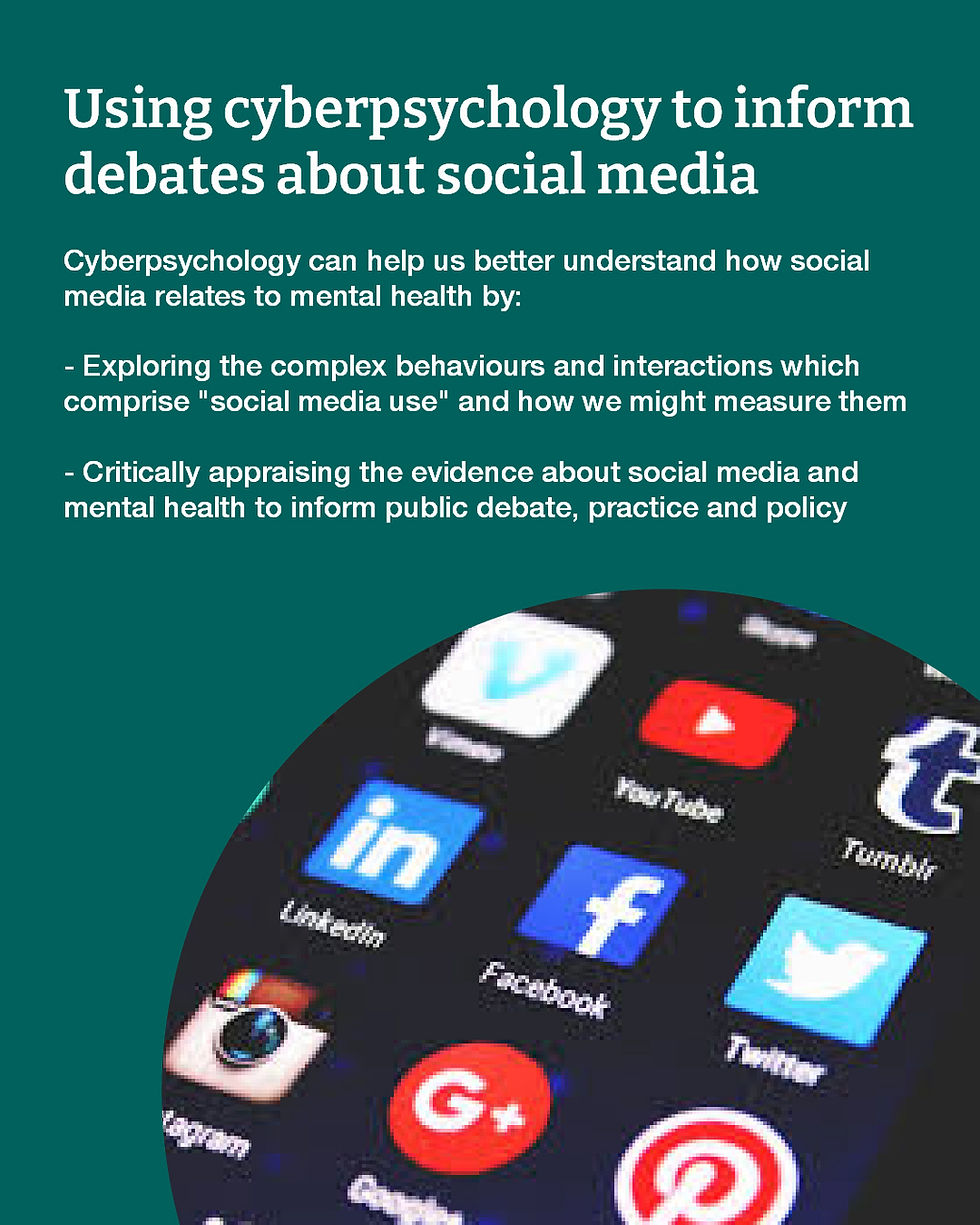Supporting agency in university learning
- LindaKKaye

- Dec 7, 2021
- 2 min read
Updated: Mar 10, 2022
Within Higher Education, our mission is to support our students to be self-directed, autonomous, lifelong learners. Here are three key strategies I have used over the last year or so to help students develop a sense of autonomy and agency in their learning experiences which I hope helps in this regard.
Pick and Mix Module Pathway
A benefit of having instructional content pre-recorded, is that this gives more flexibility on what is accessed when. Taking this a step further, this academic year I devised a "Pick and Mix" format on one of my modules, so students could elect a pathway to their preferences. Accessing the pre-recorded content and undertaking the associated self-directed thinking activities then fed into campus time which was dedicated to discussion and debate, integrating the various perspectives drawn from different pathways.
A similar approach I use which is a quick and easy win, is to include one session later on the module timetable as a "Students' Choice Week". This lists three options for the session topic. Several weeks before this is due to take place, I will set up a quick voting survey (often using Microsoft Forms) and send out to students on the module to cast their vote. The majority vote wins and this is the session we include on the timetable.

Personalised feedback
I have discussed the use of personalised feedback within a previous blogpost on engaging students in assessment and feedback. As well as helping students engage in this process, it can also encourage some level of decision-making and agency in their learning and development.

Applying their learning to support themselves
This academic year, one of the assignments for my modules is designed to encourage students to reflect on the effectiveness of their self-directed learning as a university student. This is situated in a module which is about the psychology of learning and teaching, and part of the learning outcomes include a critical evaluation of learning theories and also the role of individual differences in learning.
Using themselves as the "lens" to acknowledge individual variation in learning, they are encouraged to evaluate and reflect on what strategies they use (or could use) which could encourage effective learning, and what the theoretical principles behind this may be. Essentially they are reflecting on the theory-practice link but specifically in a way which encourages them to consider their own learning approaches.
This approach adopts the perspective that metacognition is useful for learning and thinking, and in this case, may be useful both for the purposes of demonstrating these learning outcomes, but also in their onward learning journey on their course (and beyond).



Crafting the perfect cover page for university assignments can be daunting, but University Assignment Cover Page services make it effortless. Their professional templates ensure your work stands out with a polished finish. I've used their services and was impressed by the attention to detail. If you want to make a great first impression, trust University Assignment Cover Page services – they won't disappoint